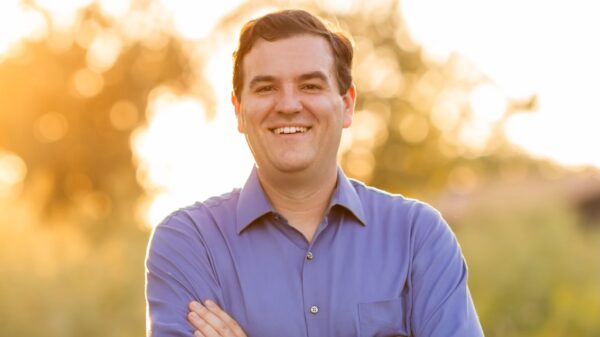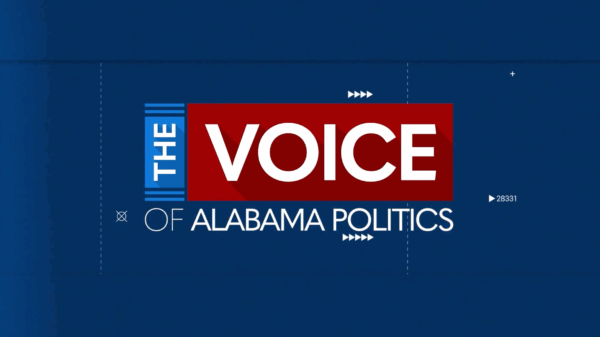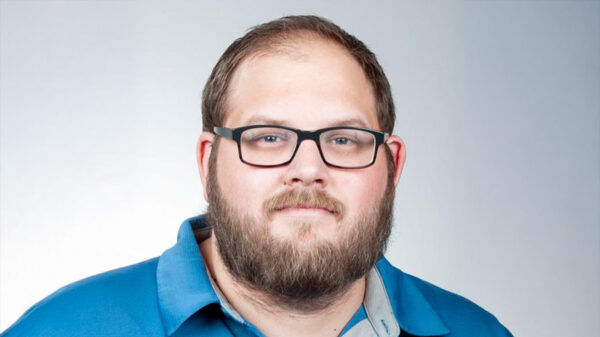By Bill Britt
Alabama Political Reporter
MONTGOMERY—”I will tell you right now, Medicaid absolutely has to be funded or we will have a medical crisis within the state,” warns Dr. Greg Bouska, president of the Alabama State Society of Anesthesiologists.
Bouska and thousands of medical doctors across the state understand the cost of Medicaid but they also know full well the price that will be paid if it is not funded.
“We are going to have a public health crisis if Medicaid is not properly fund,” reiterates Bouska.
According to Dr. Don Williamson who is heading Governor Bentley’s Medicaid task force this is not a “Chicken Little” scenario. Williams and a growing choirs of medical and business professionals are warning that if Medicaid fails in Alabama, the ripple effects will make the current fiscal crisis look like a minor blip on a heart monitor before full cardiac arrest.
Children’s Hospital System of Alabama CEO Mike Warren said at a recent press conference on Medicaid, that for every dollar the state spends on Medicaid around eight dollars flows back into the community. Warren the former CEO of natural gas company Energen Corp. says that taking that money out of Alabama’s economy will have devastating effects.
Bouska says, “It is the responsibility of the state government to properly fund this program to meet the basic health care requirements of its citizenry that are eligible for this program.”
But many conservative legislators and average citizens would disagree with the doctor’s assumption. Many think that Medicaid is yet another big government give away that should be dismantled or at least cut to the bone.
“As president of the Alabama Anesthesiologist Society I can say we as a group understand that Medicaid is a flawed system,” says Bouska. “But we have to fix the system in such a way that it does not jeopardize public health.”
Williams has made the same case based on the fact that if Medicaid is not funded hospitals will close and doctor will leave Alabama.
Bouska says that a third of the patients that need his service are paid for by Medicaid, he says that doctors who deliver Alabama’s babies around 70 percent of their practice involves Medicaid patients. Currently almost 50 percent of the babies born in the state are done so using Medicaid dollars.
“Women need to have their babies born,” said Bouska. He also says that specialty services such as his will not be denied anyone but because of a lack of money there just will be fewer doctors to provide them.
“Right now no physicians can pay their overhead with funding from Medicaid. We make it by taking Blue Cross Blue Shield,” said Bouska.
But he points out that the small amount paid by Medicaid is a big portion of many practices.
According to Bouska, an anesthesiologist is the lowest paid specialty within the Medicaid system for reimbursement.
“I am a anesthesiologist and I get paid 33 cents on the dollar when I see a patient that is on Medicaid,” he says.
The reason, according to Bouska, is because anesthesiologist are a hospital-based speciality.
“Because of the need we are going to take care of the patient regardless of their ability to pay,” says Bouska. He says suppling anesthesia for surgery is not an option, “We are not going to deny anesthesia because people can’t pay. If they are having surgery for appendicitis or having a baby they have to have anesthesia.”
Bouska and many others are working hard to take their message to the public before the September 18 vote on the constitutional amendment to fund Medicaid.
The constitutional amendment will authorize the transfer of $145.8 million from an oil and gas trust fund to the General Fund. The same amount would also be transferred in 2013 and 2014.
Dr. Williamson has said that failure of the constitutional amendment would wipe out about 10 percent of the revenue for state agencies. “I simply don’t think it’s going to be possible to build a Medicaid budget with a 10 percent reduction or more caused by the failure of this constitutional amendment.”
Healthcare providers and the associations that represent medical practitioners and hospital across the state have been working with Williamson to avert the momentary shortfall in Medicaid, but their will come a sudden and dramatic end to what is possible without the state budget for Medicaid being funded.
“In order to continue Medicaid it is not right to cut surgery or family practitioners,” said Bouska. “Funding for Medicaid cannot come from not paying physicians.”
As healthcare workers throughout Alabama continue to work to insure patient care the clock is ticking toward what Bouska, Williamson and others see as a system-wide meltdown that will trigger a public health crisis.



















































